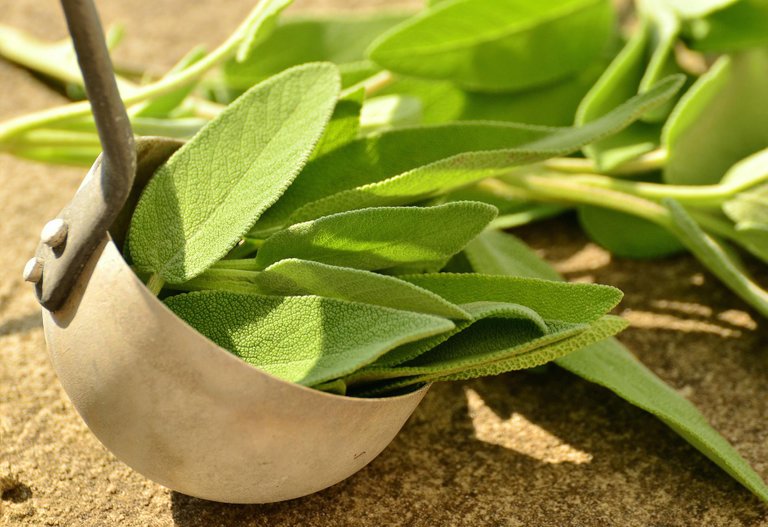 Creditos de la imagen: congerdesign de Pixabay
Creditos de la imagen: congerdesign de Pixabay
What is this plant?
Sage is a well-known aromatic plant, which belongs to the Lamiaceae family (like oregano or basil), is widely available and has been widespread in the Mediterranean countries since ancient times.
This plant is quite versatile in its use. For example it is used as a condiment to different stews and cooked and is part of different incenses, perfumes and cosmetics due to its pleasant aroma as well as its effects on health, it is also used decoratively in beads or in gardening,.
This plant is also used in many different ways, ranging from the cosmetics industry to food use or even as a medicinal plant. As for the medicinal part, in fact, is where its name comes from, which derives from the terms salus and salvare (health and save, respectively), always highlighting its positive effects on the body.
Properties of sage
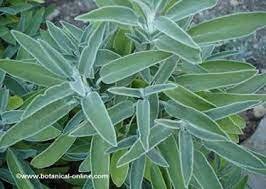
Creditos de la imagen a:
https://www.botanical-online.com/plantas-medicinales/salvia-toxicidad
https://www.botanical-online.com/plantas-medicinales/salvia-toxicidad
As can be guessed by its constant use throughout history in many areas, sage has many properties. Below we will explain some of the most important ones, especially with regard to its effect on our health.
Well, then it should be noted that some of its properties may not be so positive: its consumption is not indicated for people with kidney problems, allergies, epilepsy or in pregnancy or lactation (it has abortifacient properties). Its oil is not suitable for ingestion, as it can be toxic due to components such as terpene ketones, thuyone or camphor. It can also contribute to convulsions and in high doses can be neurotoxic.
Among the positive properties, the following are noteworthy.
It has antibiotic effects.
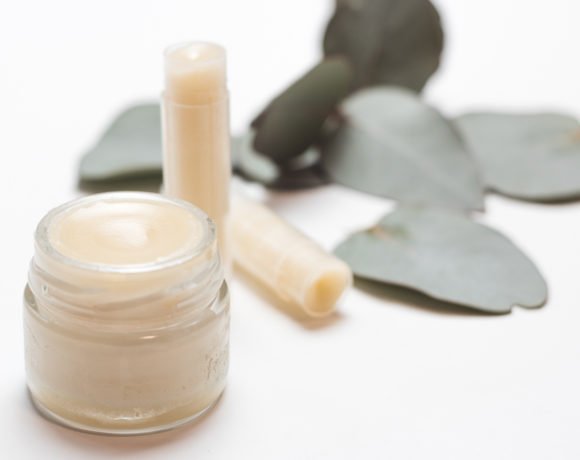
Créditos de la imagen a: https://www.organicusweb.com/como-utilizar-la-salvia/
One of the major benefits of sage is the fact that it strengthens the immune system, helps eliminate bacteria and serves as an antiseptic in case of wounds and infections (which is why it is used as a component in certain salves or creams).
Lowers blood glucose
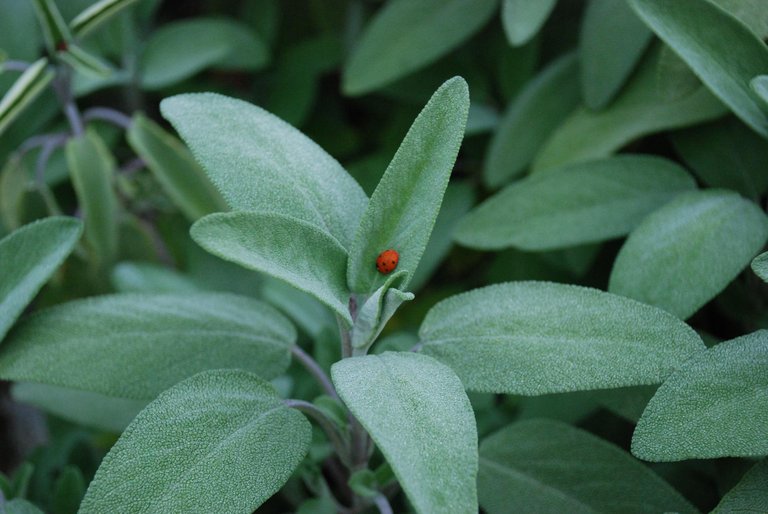
Creditos de la imagen a: stbaumgaertner de Pixabay.
Another of the properties of sage is to be hypoglycemic, lowering blood glucose. This makes its use useful for diabetics when it comes to lowering their glycemic level. However, as long as it is used only as an aid (never as a substitute for any medication).
It relieves gastrointestinal discomfort.
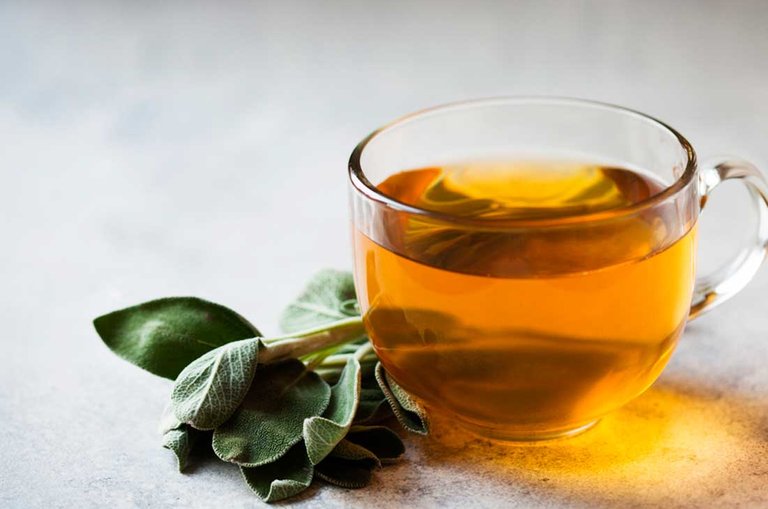
Créditos de la imagen a: https://www.cocinavital.mx/blog-de-cocina/tips-de-salud/beneficios-tomar-te-salvia/2018/05/
It is known that tea that is made with sage seems to have some usefulness in curbing the discomfort and discomfort of minor digestive tract conditions, reducing pain and reducing gastrointestinal motility.
Source
https://psicologiaymente.com/salud/salvia
ESPAÑOL
 Creditos de la imagen: congerdesign de Pixabay
Creditos de la imagen: congerdesign de Pixabay
¿Qué es esta planta?
La salvia es una planta aromática muy conocida, que pertenece a la familia de las lamiáceas (como el orégano o la albahaca), está muy extendida y se encuentra en los países mediterráneos desde la antigüedad.
Esta planta es bastante versátil en su uso. Por ejemplo se utiliza como condimento de diferentes guisos y cocidos y forma parte de diferentes inciensos, perfumes y cosméticos debido a su agradable aroma así como a sus efectos sobre la salud, también se utiliza de forma decorativa en abalorios o en jardinería
Así también, esta planta vegetal se aplica de forma muy diversa, pudiendo ir desde la industria cosmética al uso alimentario o incluso como planta medicinal. Referente a la parte medicinal, es de hecho de donde surge su nombre, el cual se deriva de los términos salus y salvare (salud y salvar respectivamente), haciéndose siempre énfasis en sus efectos positivos sobre el organismo.
Propiedades de la salvia

Creditos de la imagen a:
https://www.botanical-online.com/plantas-medicinales/salvia-toxicidad
https://www.botanical-online.com/plantas-medicinales/salvia-toxicidad
Como se puede adivinar por su constante uso a lo largo de la historia en gran cantidad de ámbitos, son muchas las propiedades que posee la salvia. A continuación vamos a explicitar algunas de las más principales, especialmente en lo que hace referencia a su efecto sobre nuestra salud.
Bueno, entonces hay que tener en cuenta que algunas de sus propiedades pueden no ser tan positivas: no se indica su consumo en personas con problemas renales, alergias, epilepsia o en embarazo o lactancia (tiene propiedades abortivas). Su aceite no es apto para ingerir, ya que puede resultar tóxico debido a componentes como las cetonas terpénicas, la thuyona o el alcanfor. También puede contribuir a generar convulsiones y en dosis altas puede ser neurotóxica.
Entre las propiedades positivas, destacan las siguientes las siguientes.
Tiene efectos antibiotico.
 )
)
Créditos de la imagen a: https://www.organicusweb.com/como-utilizar-la-salvia/
Uno de los principales beneficios de la salvia es el hecho de que refuerza el sistema inmunitario, ayuda a eliminar las bacterias y sirve de antiséptico en caso de heridas e infecciones (por lo que se utiliza como componente de ciertos bálsamos o cremas).
Reduce la glucemia

Creditos de la imagen a: stbaumgaertner de Pixabay
Otra de las propiedades de la salvia es la de ser hipoglucemiante, disminuyendo la glucosa en sangre. Ello hace de su uso útil para los diabéticos a la hora de rebajar su nivel glucémico. Eso sí, siempre que se use únicamente como una ayuda (jamás como sustituto de ninguna medicación).
Alivia molestias gastrointestinales

Créditos de la imagen a: https://www.cocinavital.mx/blog-de-cocina/tips-de-salud/beneficios-tomar-te-salvia/2018/05/
Es conocido que el té que es realizado con salvia parece tener cierta utilidad a la hora de frenar el malestar y las molestias de afecciones menores del tubo digestivo, reduciendo el dolor y reduciendo la motilidad gastrointestinal.
Copying/Pasting content (full or partial texts, video links, art, etc.) with adding very little original content is frowned upon by the community. Publishing such content could be considered exploitation of the "Hive Reward Pool" and may result in the account being Blacklisted.
Please refrain from copying and pasting, or decline the rewards on those posts going forward.
If you believe this comment is in error, please contact us in #appeals in Discord.